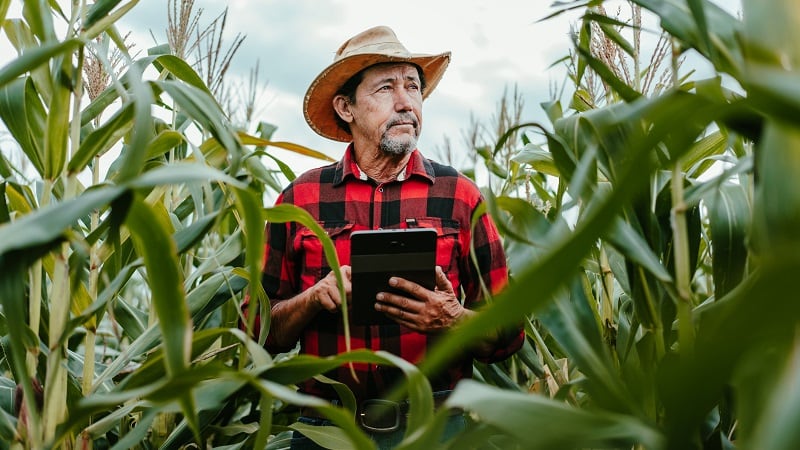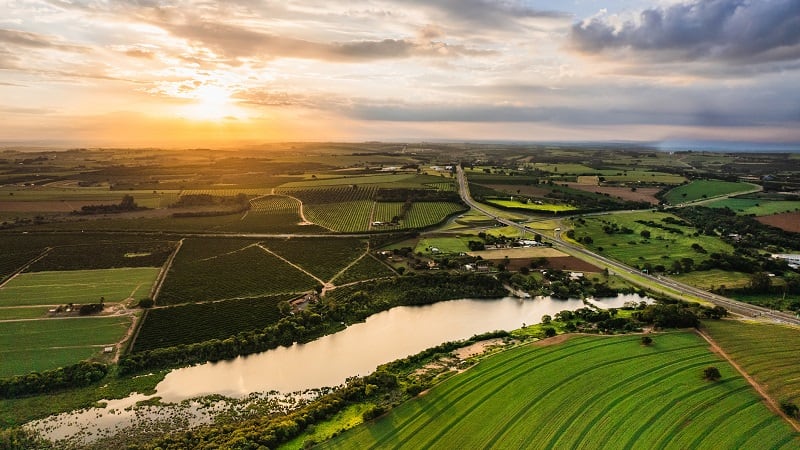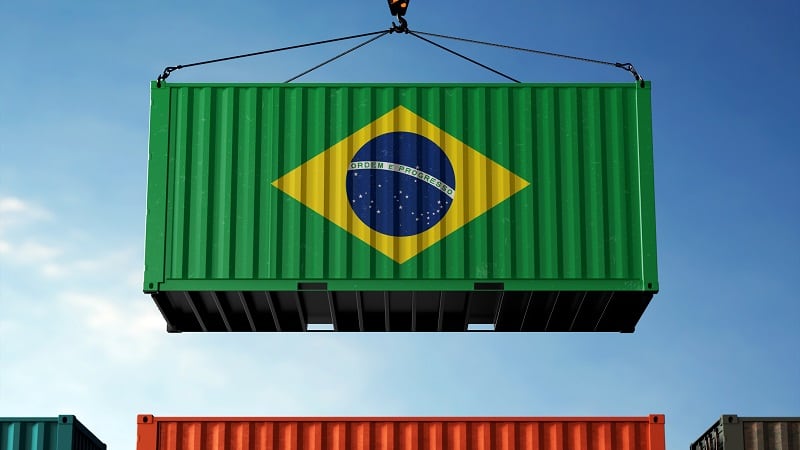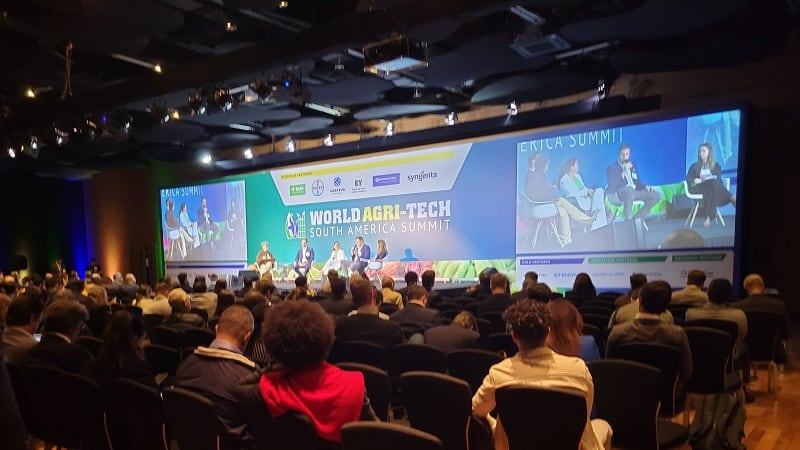Latin American venture capitalists remain bullish on Brazil’s ag sector, finding opportunities to support a range of agriculture technologies, as capital investment — both inside and outside the country — is needed to take the country’s ag sector to the next level.
“I’m very bullish on Brazilian agriculture. ... Agribusiness represents around 25% of Brazilian GDP. When you look at the stock market, [ag] just represents 3% of the market cap of the Brazilian stock exchange. So, this is telling. This shows the size of the opportunity to invest in equities here in Brazil. In the private financial market, there is still huge work to be done in terms of education,” Thomas Carolla, partner at 10B Gestora De Recursos.
Brazil’s ‘challenges are the opportunity’
Many of the challenges facing Brazilian farmers — logistics, connectivity, storage, etc. — ultimately stem from a lack of capital, Kieran Gartlan, managing partner at The Yield Lab LATAM and former economist, explained. “Those challenges are the opportunity,” he added.
“I do not agree with people [who] say, ‘Oh, farmers do not have storage infrastructure’ — the silos or warehousing to keep their grains. No, they do not have the capital to be able to hold on to grains to sell it at the best time. ... What happens is they have to sell it at harvest because they need the money to pay the bills that they borrowed for the inputs, and it is sort of a vicious cycle downwards,” Gartlan elaborated.
On infrastructure, private and public partnerships are crucial to funding projects like ports, Carolla said. Logistics are “the biggest issue” impeding the country’s ag sector growth, Carolla added.
What US tariffs will mean for Brazil’s coffee industry?
On July 9, the Donald Trump administration threatened Brazil with 50% tariffs in what the US President called a "witch hunt" in the trial of former Brazilian President Jair Bolsonaro, according to AP reporting. Brazil's current President Luiz Inácio Lula da Silva responded swiftly, vowing the country will enact retaliatory tariffs on the US in kind, if the tariffs are imposed, according to separate AP reporting.
This news rattled coffee markets and companies, with coffee futures jumping 1.3% the day after the tariff news, according to Reuters reporting. The move could put an end to new shipments of coffee into the US, as Brazil seeks other markets with fewer trade restrictions, Reuters added.
Brazil’s infrastructure is unable to keep up with increased demand for its agricultural commodities like coffee. Brazil exported $11.4 billion of coffee in 2024, with the US being the largest destination with $1.9 billion in Brazilian imports, according to data from the Observatory of Economic Complexity.
However, 4,895 containers of coffee were unshipped in November 2024, equaling R$11.9 million in port losses, the Brazilian Coffee Exporters Council (Cecafé) reported in a survey of 27 of its member companies. Lack of railroads, road and waterway infrastructure, and smaller port yards create logistical bottlenecks, Cecafé shared.
“We need to put the public and the private market closer [together] because there are things that we need to do. The private market can unlock a lot of value, but it depends on the public sector,” Carolla argued.
Brazil’s ag has room to grow — agtech can help
Brazil already has a successful track record of leveraging technologies to grow its ag sector, which will deliver future growth, Flavio Zaclis, founder of Barn Investments, said. Brazil’s ag sector also “works with very little subsidies,” compared to the US, which a “great part would collapse without subsidies,” Zaclis suggested.
“We are a technologically abled country in agriculture, meaning seed technology, genetics, harvesting techniques, and production techniques. Brazil is not just large — it is one of the more efficient producers in the world,” Zaclis elaborated.
Brazil, Argentina, and the US are major producers of row crops, like soybeans and corn, but the US has limited room to expand its ag sector, Zaclis noted.
“I do not agree with people who say, ‘Oh, farmers do not have storage infrastructure’ — the silos or warehousing to keep their grains. No, they do not have the capital to be able to hold on to grains to sell it at the best time."
Kieran Gartlan, managing partner at The Yield Lab LATAM
The US has 2.26 billion acres of land, with 53% of it being used for agricultural purposes, including for growing and grazing, according to the USDA from 2017. However, Brazil operates 63.5 million hectares of farmland, against 410 million hectares of potential arable land, according to data from the Food and Agriculture Organization.
Agtech will play a crucial role in unlocking value in Brazilian ag, but farmers “need to see results in short time” from tech investments, Zaclis explained.
Digital farming solutions should also make tracking various farming activities, like climate forecasting, pest management, and machinery tracking, easy and preferably through a central portal, Zaclis said. “They do not want to have to be opening 15 applications” to track their daily farming activities, he emphasized.
Economic development needs social development
Agtech and infrastructure investments must be coupled with social development if Brazil is going to attract the right talent and young people to settle in states like Mato Grosso, a major producer of soybeans for the country, Zaclis explained.
“How are you going to have people working around those areas if there is nothing? ... There has to be a social development that goes with the economic development, and that is a huge challenge,” Zaclis elaborated.





